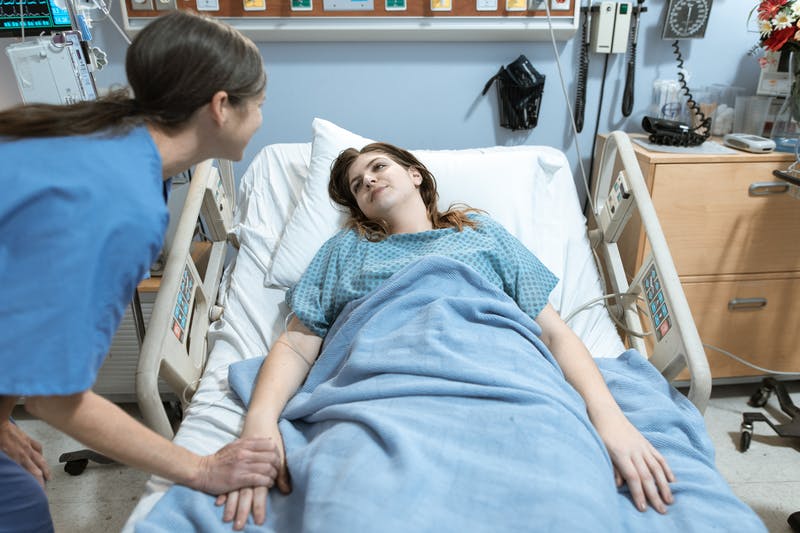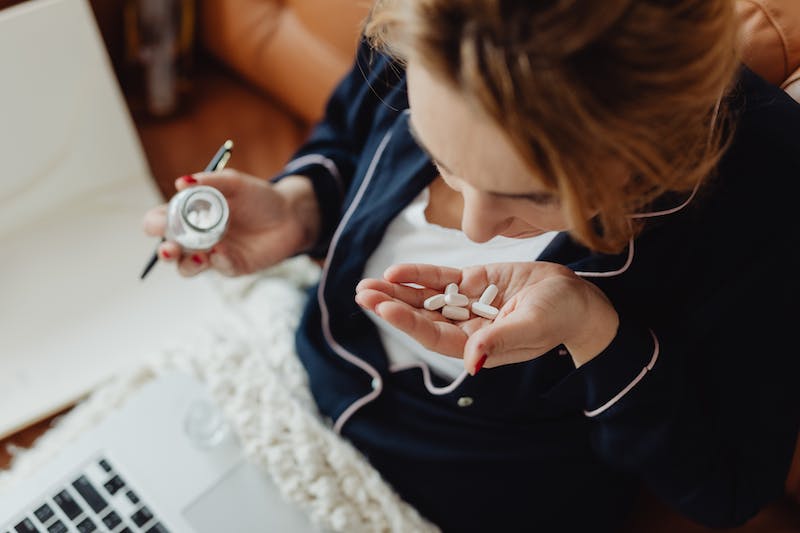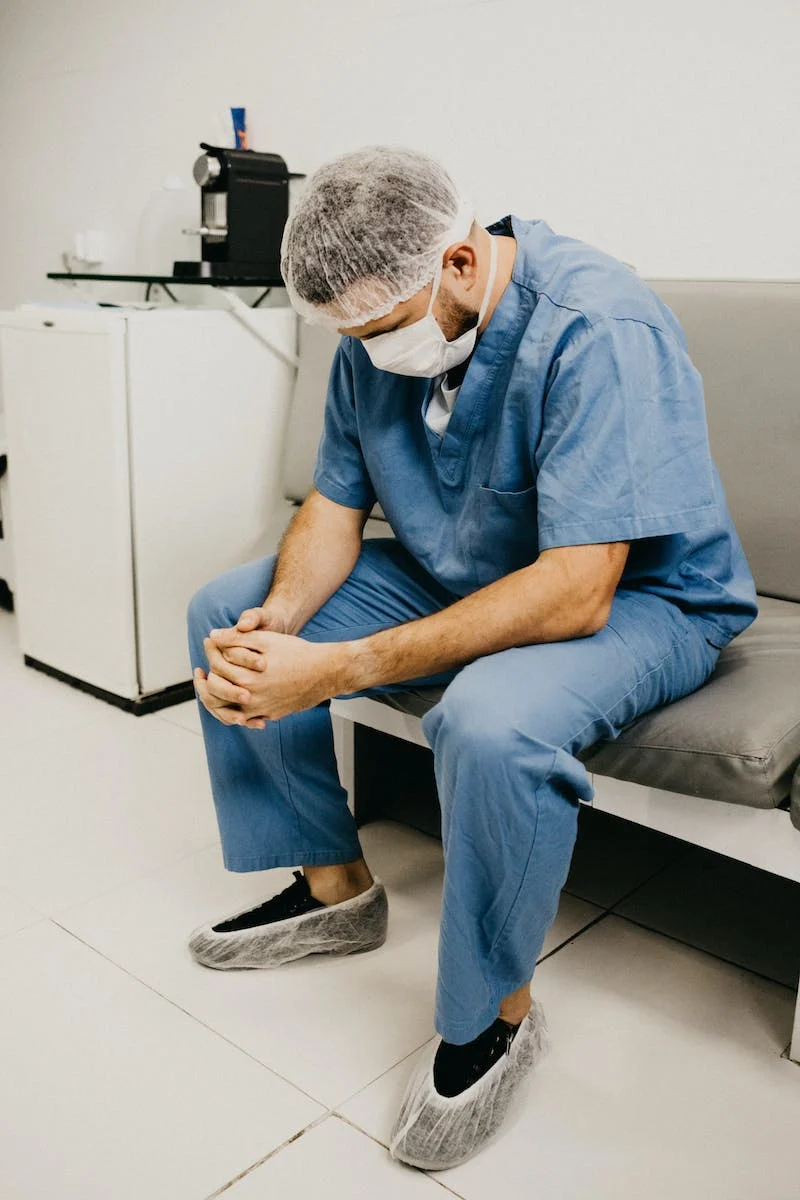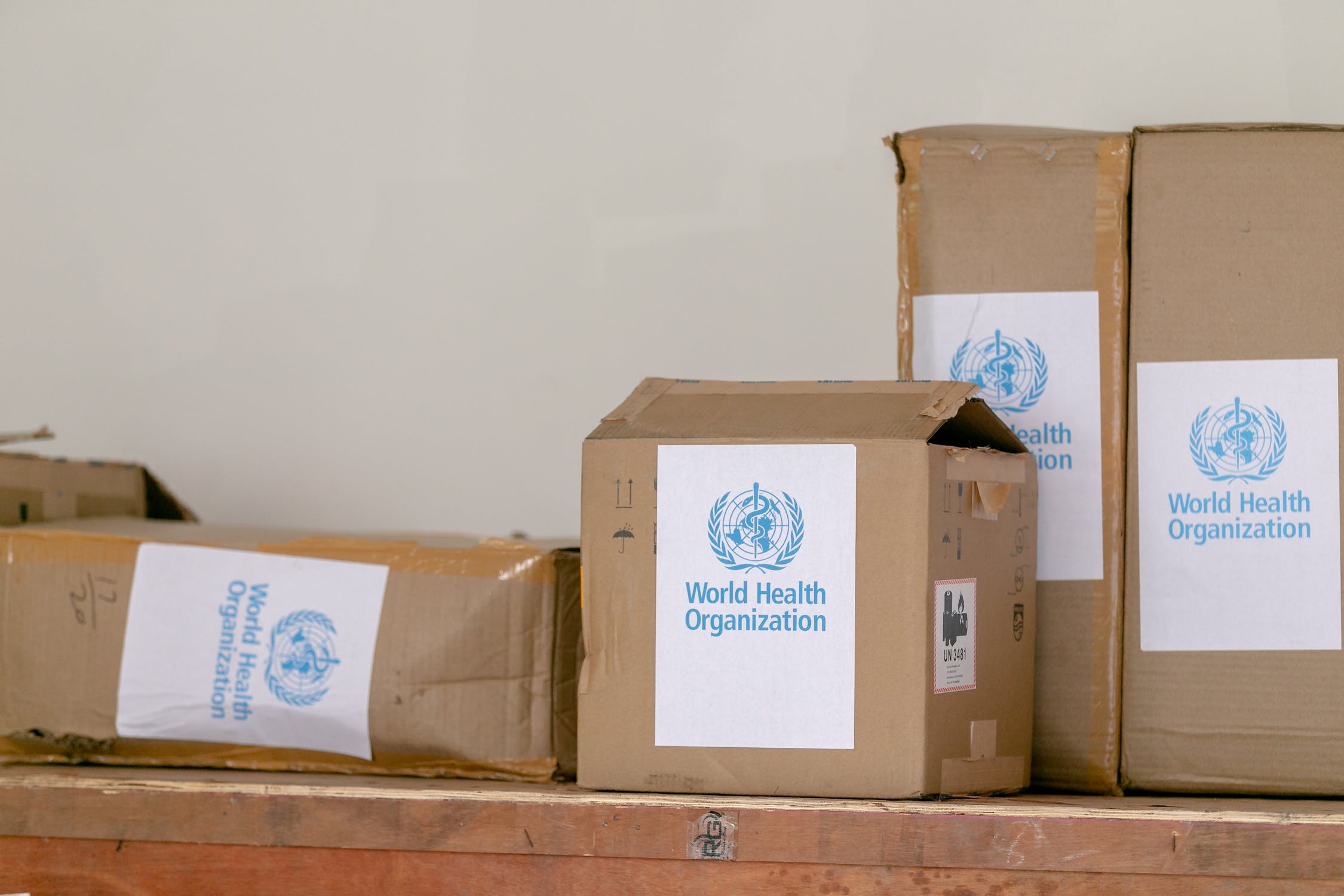Meds, Oopsies and Patient Safety
5 minutes read | 1 comments

Written by Kelih Boateng Henyo 
Tripping over numbers
I consider myself a very clumsy person and my frequent tea spills and ink smudges give me away every time. I’m certain I’m not the only clumsy person I know- well, I hope I’m not- but some acts of clumsiness could have more dire consequences than soiling my homework or scalding my finger. Doctors, nurses, and other health professionals, despite the lofty expectations people have of them, are still flawed, maybe clumsy, human beings and are as prone to mistakes when carrying out their duties as most of us are about ours. But often, a simple nudge of an eraser or Ctrl + Z cannot reverse their errors, making patient safety a very worthy cause to pursue; lives are at stake here.
A shocking 4 in every 10 people globally are harmed in primary and outpatient care according to the World Health Organization, and in low-income countries like ours, 134 million adverse effects occur each year to people seeking healthcare. Calling this alarming is an understatement. And it’s not just the hospitals that are unsafe. Inaccurate diagnosis and medication errors are the cause of most patient safety concerns, something most people reading this might have encountered in one form or the other. There’s the one-size-fits-all paracetamol problem, I like to call it, where people assume very discomfort they encounter could be eased by a few tablets of paracetamol, taking overdoses of drugs to help make the fever go away quicker (which is often counterproductive), and many other instances of patient safety concerns that aren’t necessarily caused by hospital staff.

It's about you and me
At some point in everyone’s life, we’d have to access or render healthcare, and knowing how to go about this safely would help preserve our lives, time, and money. Being proactive about your safety when you’re a patient does you a ton of good. Ask questions about the medications, procedures, and the times they’re supposed to occur before giving consent to anything. It’s useful to know that you have the right to give consent before receiving any form of treatment, and gathering as much information as you can about your treatment procedure would help you make an informed decision about it. Yes, medical personnel have been trained for years to render the services they do, but expecting perfection from them is a bit too much to ask. That’s why it’s your responsibility as the patient to take control of your health when you can.

Similarly, the leaflets contained in medications and your prescriptions aren’t just to be thrown away. It’s wise to carefully read the contraindications, side effects, and recommended dosage in concert with the prescription you receive to make sure what you need to fix doesn’t end up breaking you further. I understand most medication prescriptions barely count as scribbles, but no doctor ( again, I hope) would refuse to read it out to you if you ask. You could always anonymously relay the prescription to a PharstCare doctor too if you’re in doubt. This isn’t an act of distrust in doctors or the healthcare system in general; it’s just doing your best to stay as safe as possible.
Awareness Week - yay 

At the macro level, organizations like the WHO aren’t sitting on the fence in the battle for patient safety. It makes perfect sense that an entire week is dedicated to raising awareness about how much of a problem this is, but the efforts to create safer spaces and safer methods of health acquisition is a year-round, four-pronged action plan:
- Raising awareness through as many forms of media as possible and advocating for the safety of patients
- Engaging stakeholders in the health industry to map out safe regulations
- Empowering us, the patients and potential ones, to be actively involved in safe health practices.
- Upscaling the implementation of the WHO Global Patient Safety Challenge: Medication Without Harm.
Speak Up!
To forgive is divine, but there’s very little divinity in a man on the verge of losing his health (or life) on account of someone’s error. Much of the patient safety crisis could be tackled at the macro level by health organizations, government policies, and hospital staff. But in our way, we should self-advocate the best practices whenever we can to safeguard our health. PharstCare doctors are always a call or quick text away to answer any questions you may have and to make sure you’re as safe as possible, no matter how ill you are.
Feel free to share on any platform
Similar Blogs
Anonymous Comments
We DO NOT record comments with the users who posted them.



